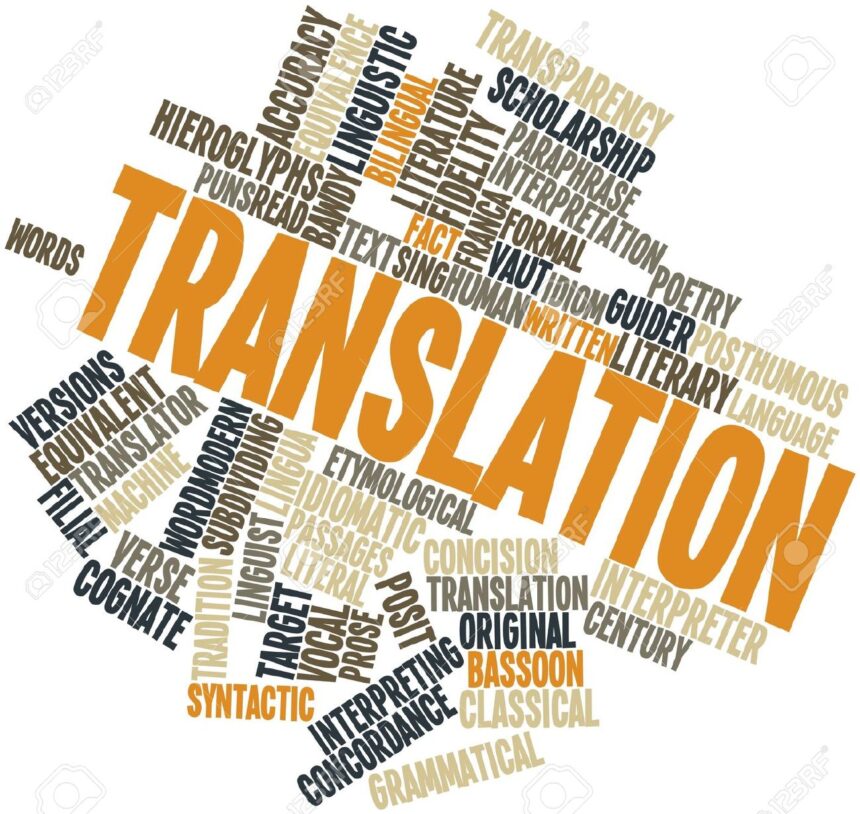In today’s increasingly globalized healthcare landscape, the need for reliable and accurate medical translation services has become paramount. As the United Kingdom continues to evolve as a multicultural society, ensuring effective communication between healthcare providers and patients from diverse linguistic backgrounds is crucial for delivering high-quality, personalized care. Medical translation services play a vital role in bridging this language gap, enabling seamless information exchange and fostering a more inclusive healthcare system.
Medical translation involves the accurate and culturally-appropriate rendering of medical terminology, instructions, and patient information from one language to another. This specialized field requires not only linguistic expertise but also in-depth knowledge of medical terminology, procedures, and regulatory frameworks. By leveraging the expertise of professional medical translators, healthcare organizations in the UK can overcome language barriers and ensure that patients receive the care and information they need, regardless of their native language.
The Importance of Accurate Medical Translation
Accurate medical translation is of paramount importance in the healthcare sector. Inaccurate or incomplete translations can lead to misunderstandings, misdiagnoses, and potentially life-threatening medical errors. When it comes to sensitive medical information, such as treatment plans, medication instructions, or informed consent forms, the consequences of poor translation can be severe, jeopardizing patient safety and compromising the quality of care.
Moreover, effective communication is a fundamental aspect of the patient-provider relationship. By ensuring that patients can fully understand their medical conditions, treatment options, and aftercare instructions, medical translation services empower individuals to make informed decisions about their healthcare. This, in turn, fosters greater patient engagement, adherence to treatment plans, and overall improved health outcomes.
Benefits of Using Professional Medical Translation Services
Utilizing professional medical translation services offers a multitude of benefits for healthcare organizations and patients alike. Here are some of the key advantages:
- Linguistic Accuracy: Professional medical translators possess the necessary linguistic expertise and subject-matter knowledge to ensure that medical terminology, instructions, and documentation are accurately translated, without compromising the original meaning or intent.
- Cultural Sensitivity: Skilled medical translators are adept at navigating cultural nuances and adapting the translation to be culturally appropriate, ensuring that the message is conveyed in a way that is meaningful and respectful to the target audience.
- Regulatory Compliance: Medical translation services in the UK must adhere to strict regulatory standards and guidelines, such as those set forth by the General Medical Council (GMC) and the National Health Service (NHS). Professional translation providers ensure that all medical documents and communications comply with these regulations, mitigating legal and reputational risks.
- Improved Patient Outcomes: Effective communication through medical translation services can lead to better patient understanding, increased treatment adherence, and more positive health outcomes. Patients who can fully comprehend their medical information are more likely to engage actively in their care, leading to improved overall health and well-being.
- Enhanced Efficiency: By outsourcing medical translation tasks to professional service providers, healthcare organizations can streamline their operations, reduce administrative burdens, and focus on their core mission of delivering high-quality patient care.
Medical Translation Regulations and Standards in the UK
The medical translation industry in the UK is subject to a robust regulatory framework to ensure the quality, accuracy, and ethical standards of service delivery. Healthcare providers and translation service providers must adhere to the following key regulations and standards:
- General Medical Council (GMC) Guidelines: The GMC, the regulatory body for medical practitioners in the UK, has established guidelines for effective communication with patients, including the use of professional interpreters and translators when necessary.
- NHS Language Access Standards: The National Health Service (NHS) has implemented language access standards that require healthcare organizations to provide professional translation and interpretation services to ensure effective communication with patients.
- ISO 17100 Certification: The International Organization for Standardization (ISO) has developed the ISO 17100 standard, which specifies the requirements for translation service providers to maintain high-quality processes and competent personnel.
- Data Protection and Confidentiality: Medical translation services must comply with strict data protection regulations, such as the General Data Protection Regulation (GDPR), to ensure the confidentiality and security of patient information.
- Professional Accreditations: Reputable medical translation service providers in the UK often hold accreditations from organizations such as the Chartered Institute of Linguists (CIOL) or the Institute of Translation and Interpreting (ITI), which demonstrate their commitment to professional excellence.
Conclusion
As the UK’s healthcare landscape continues to evolve, the demand for high-quality medical translation services is poised to grow. With an increasingly diverse population and the ongoing need for effective communication between healthcare providers and patients, the role of medical translation services will become even more crucial in the years to come.

